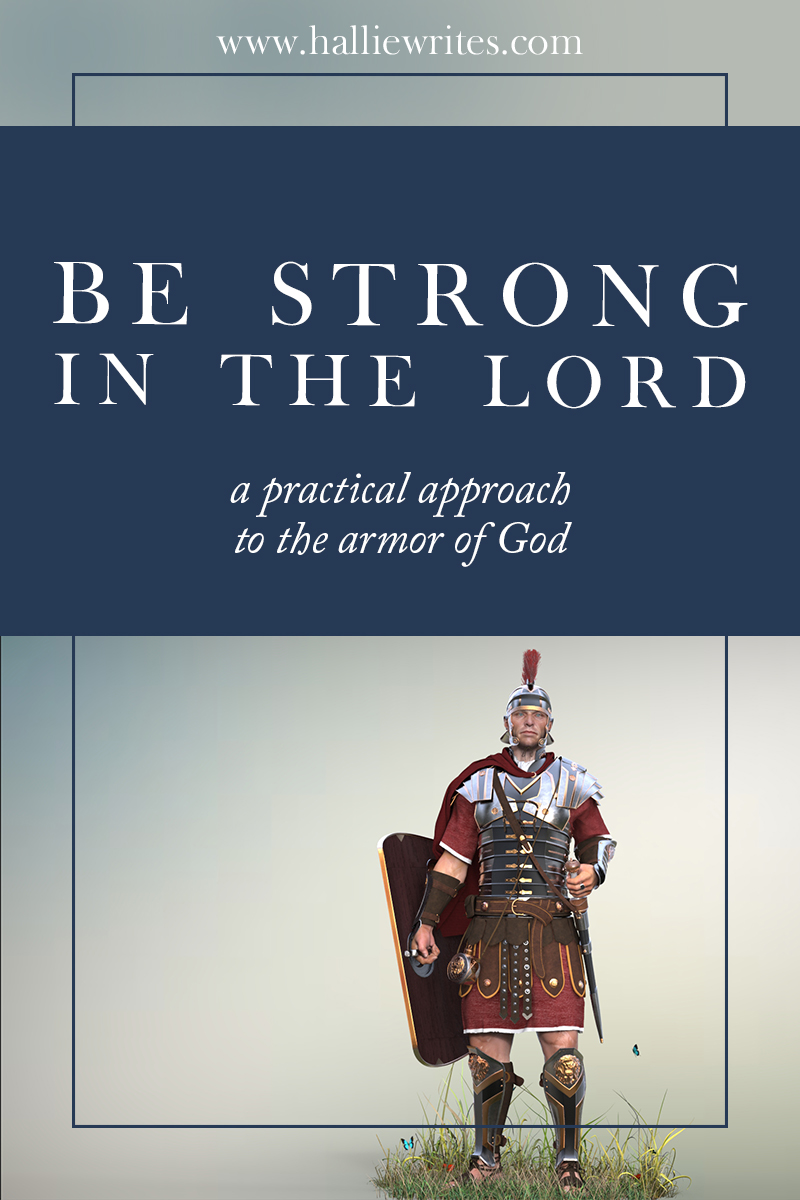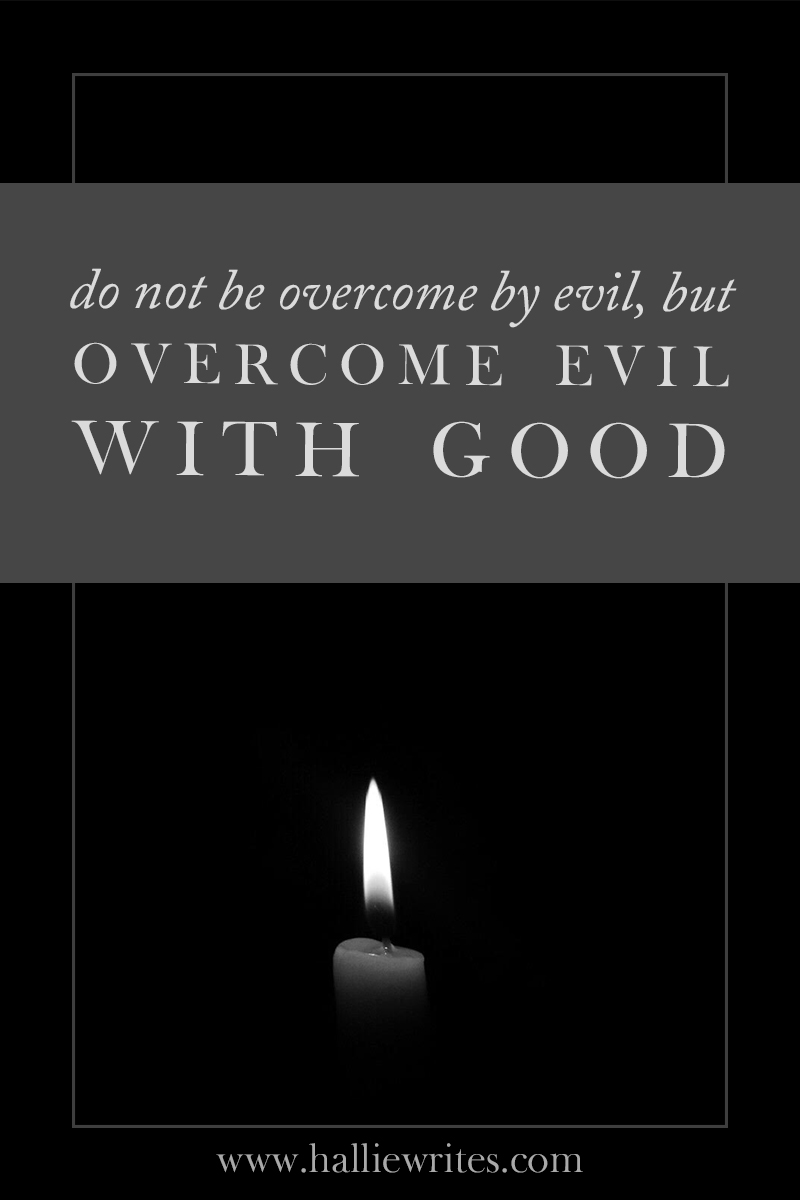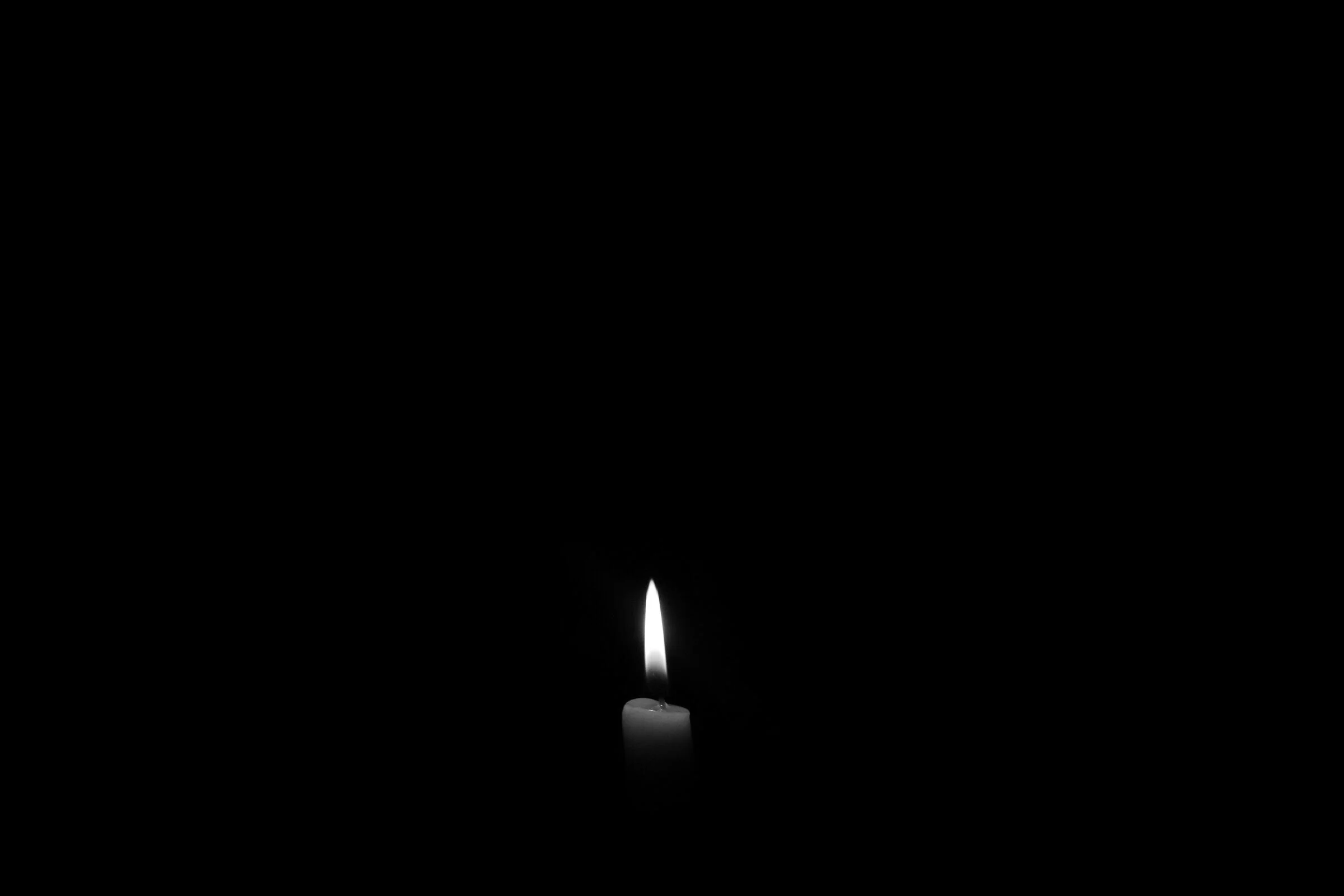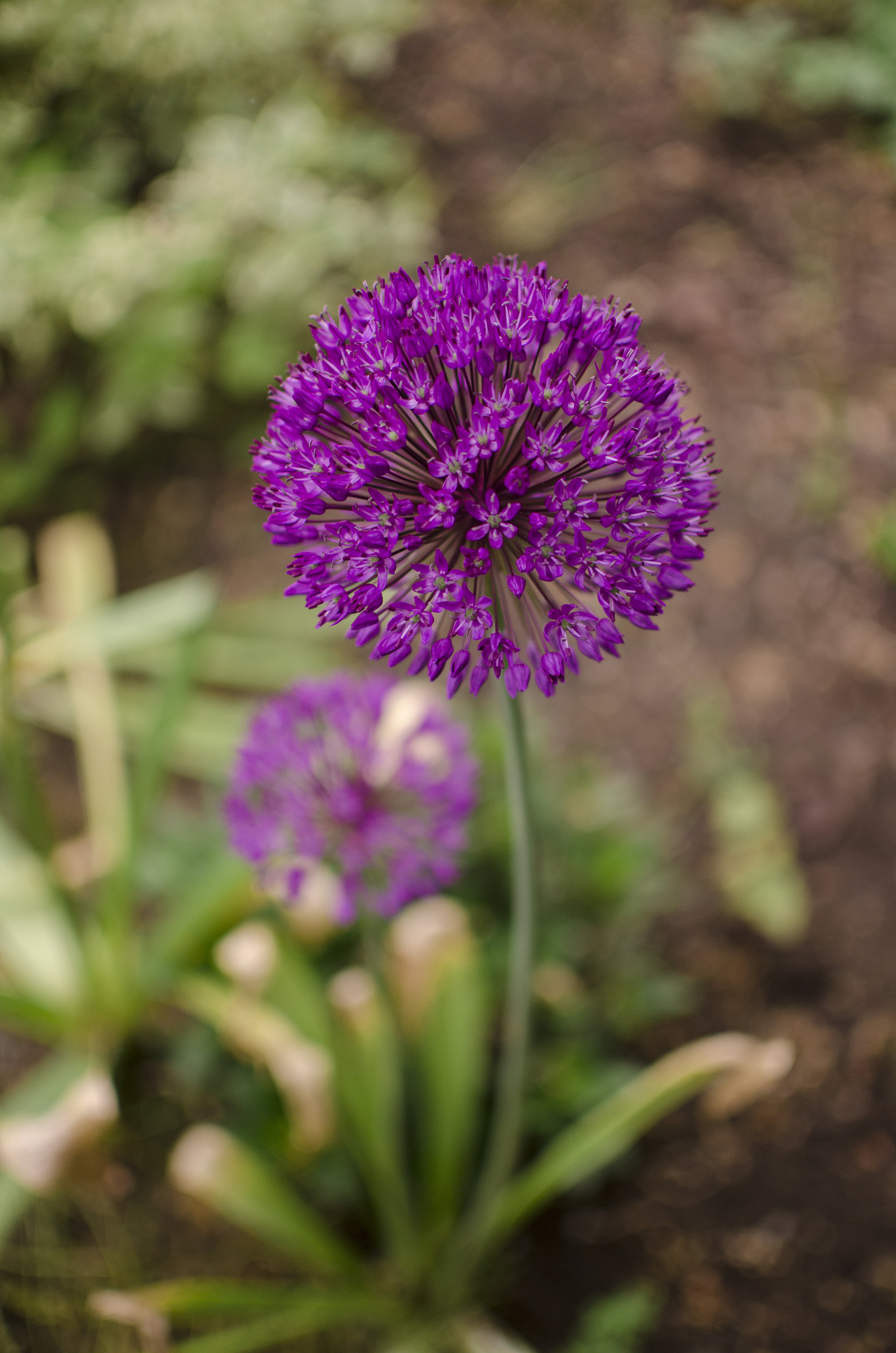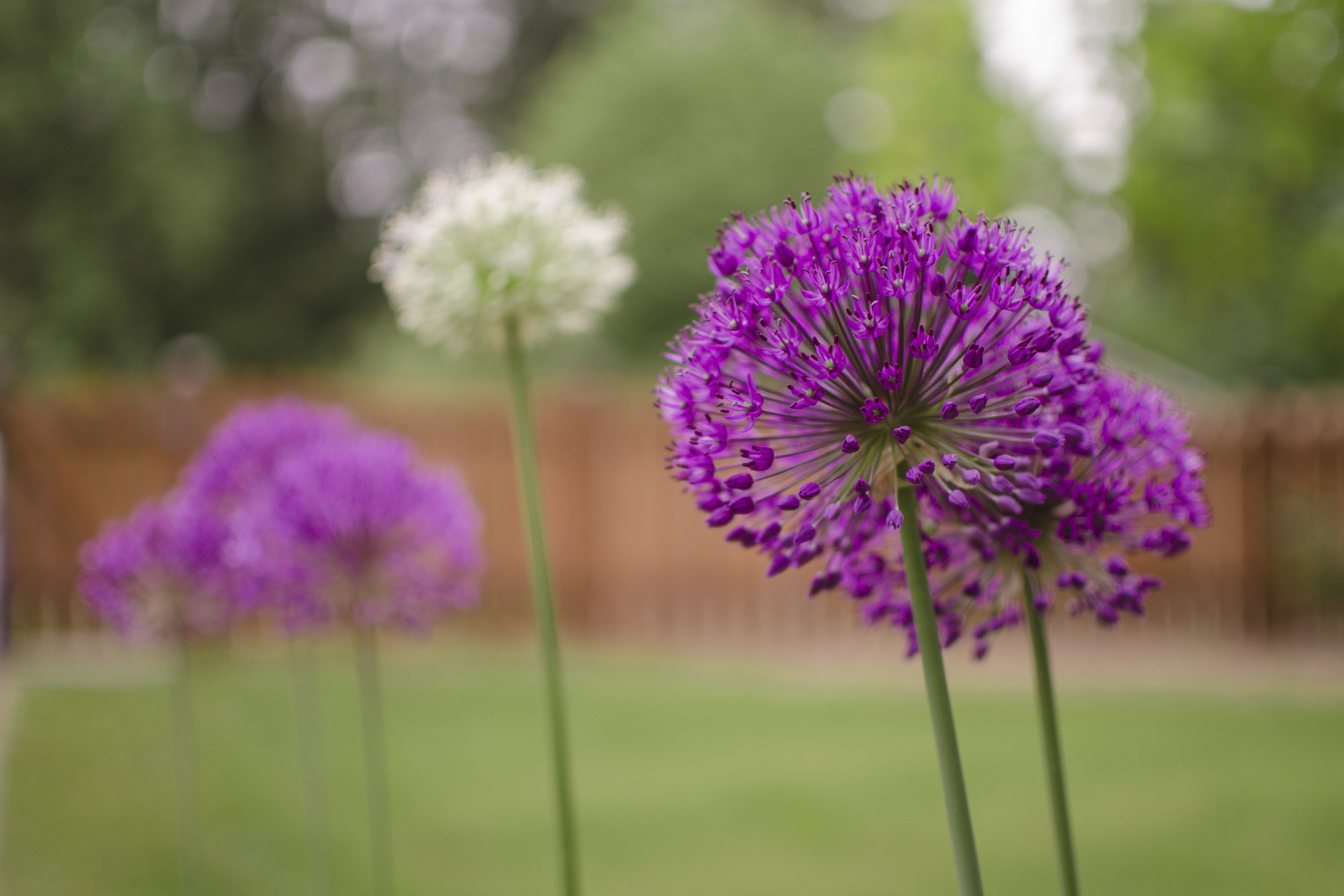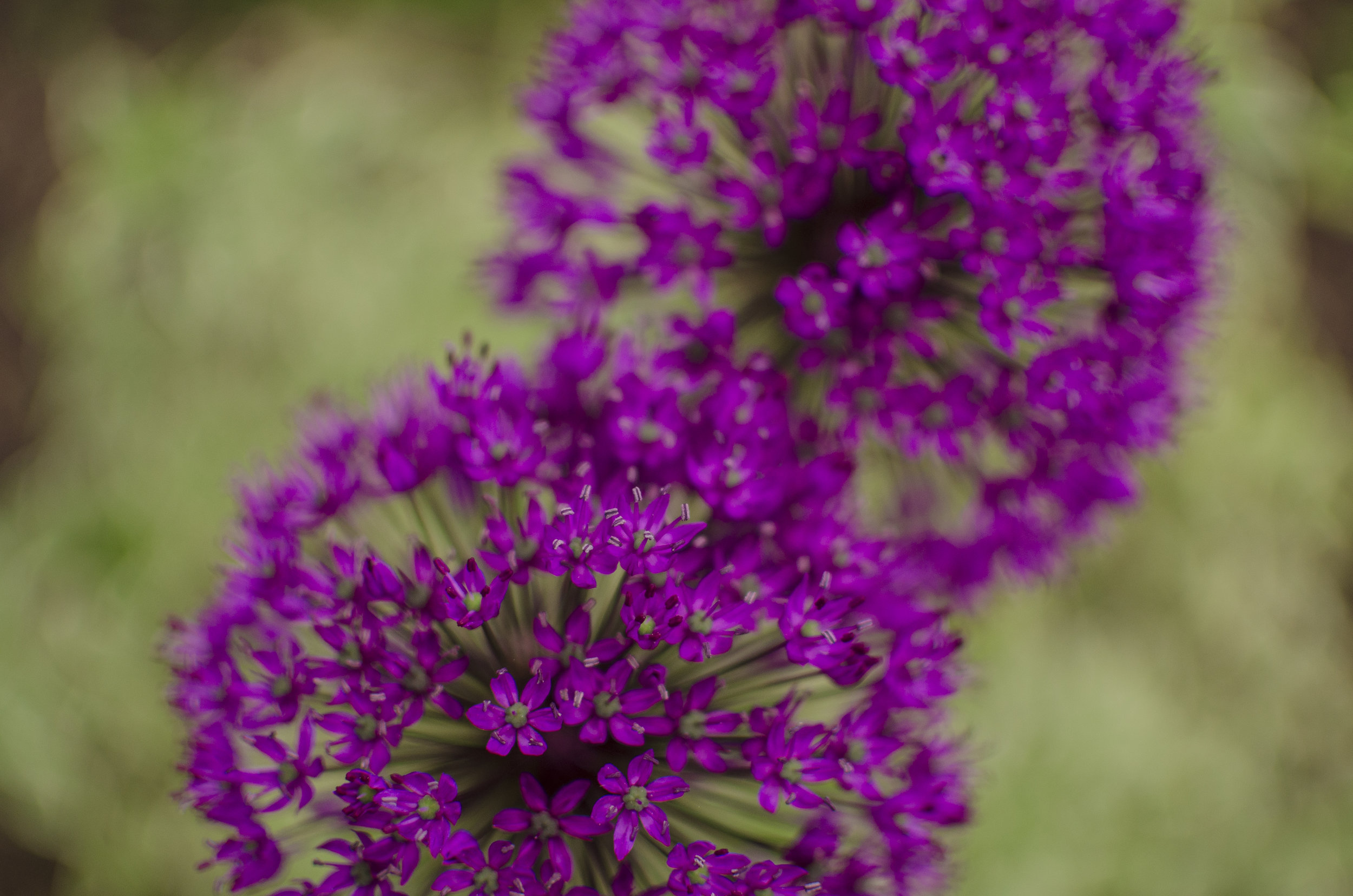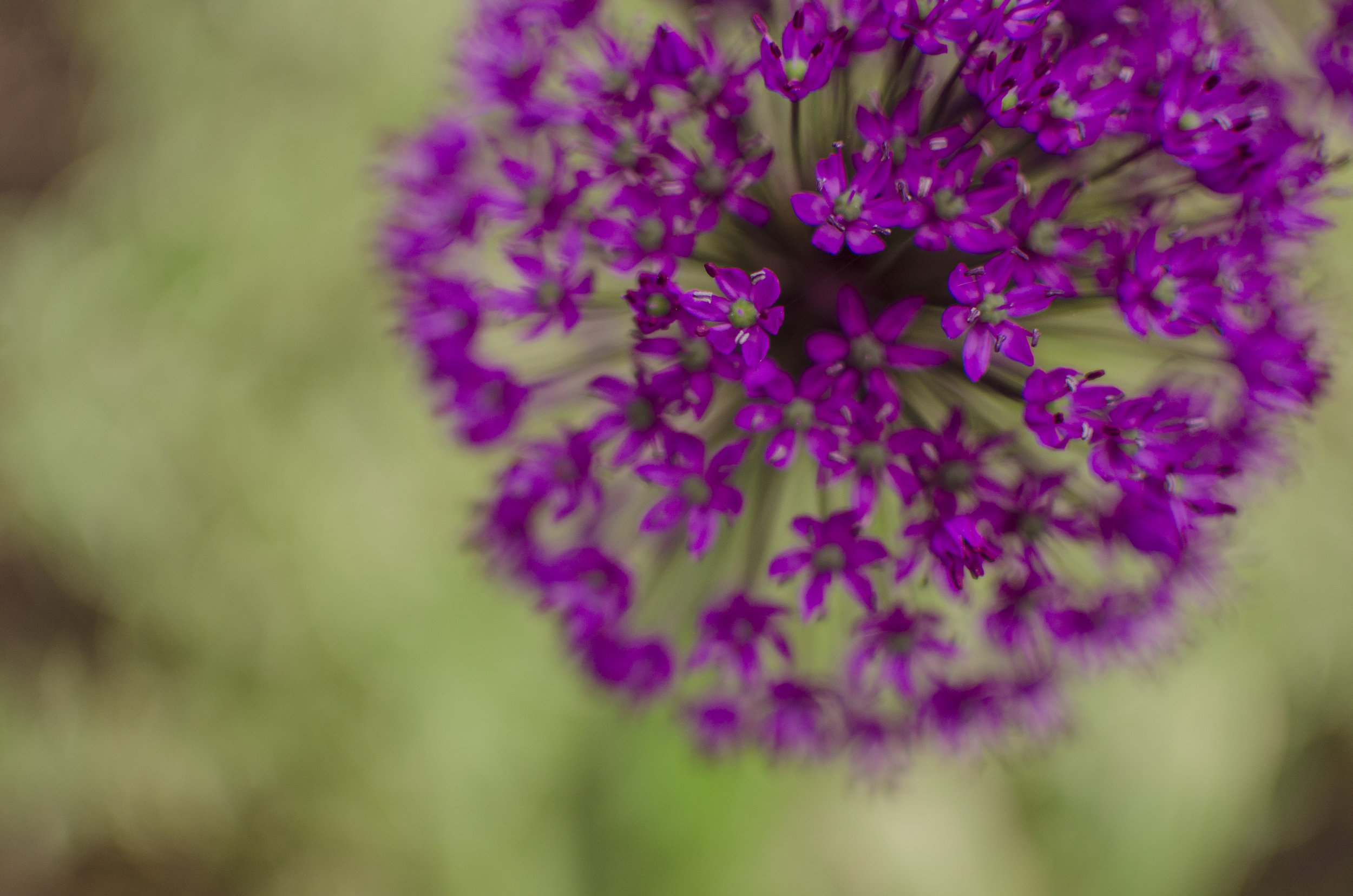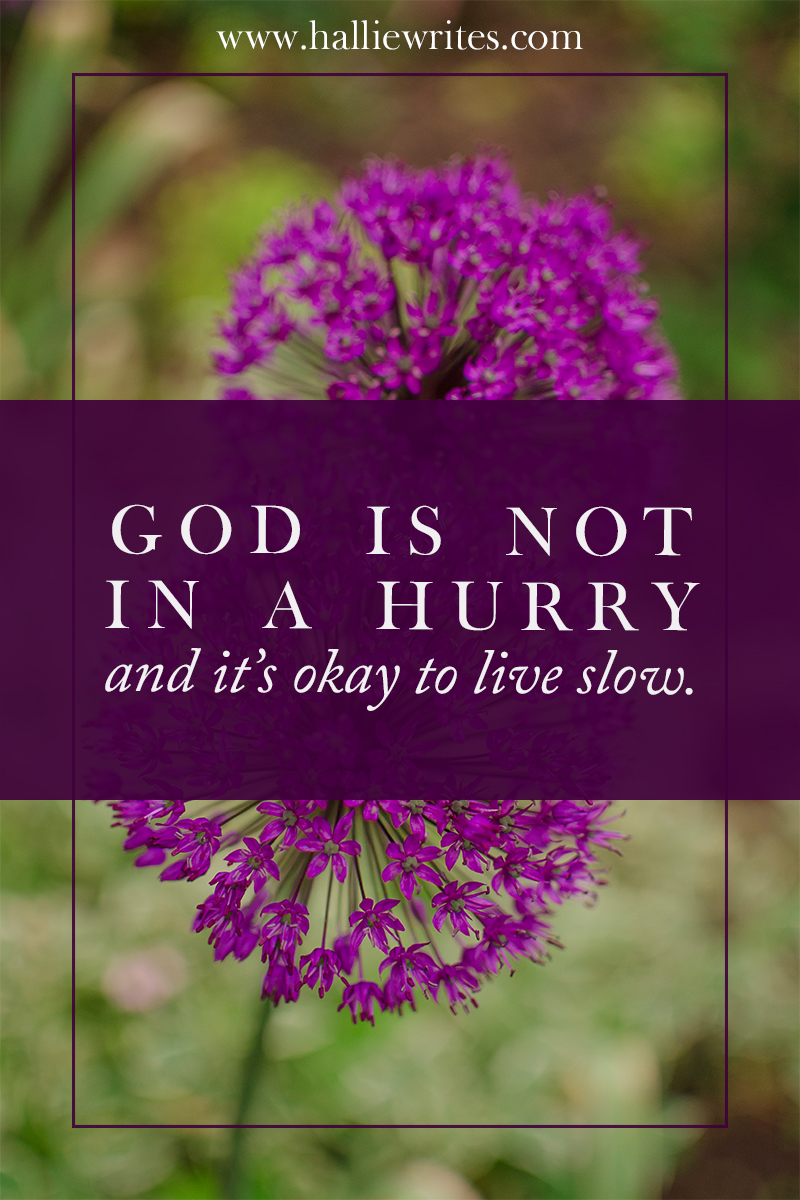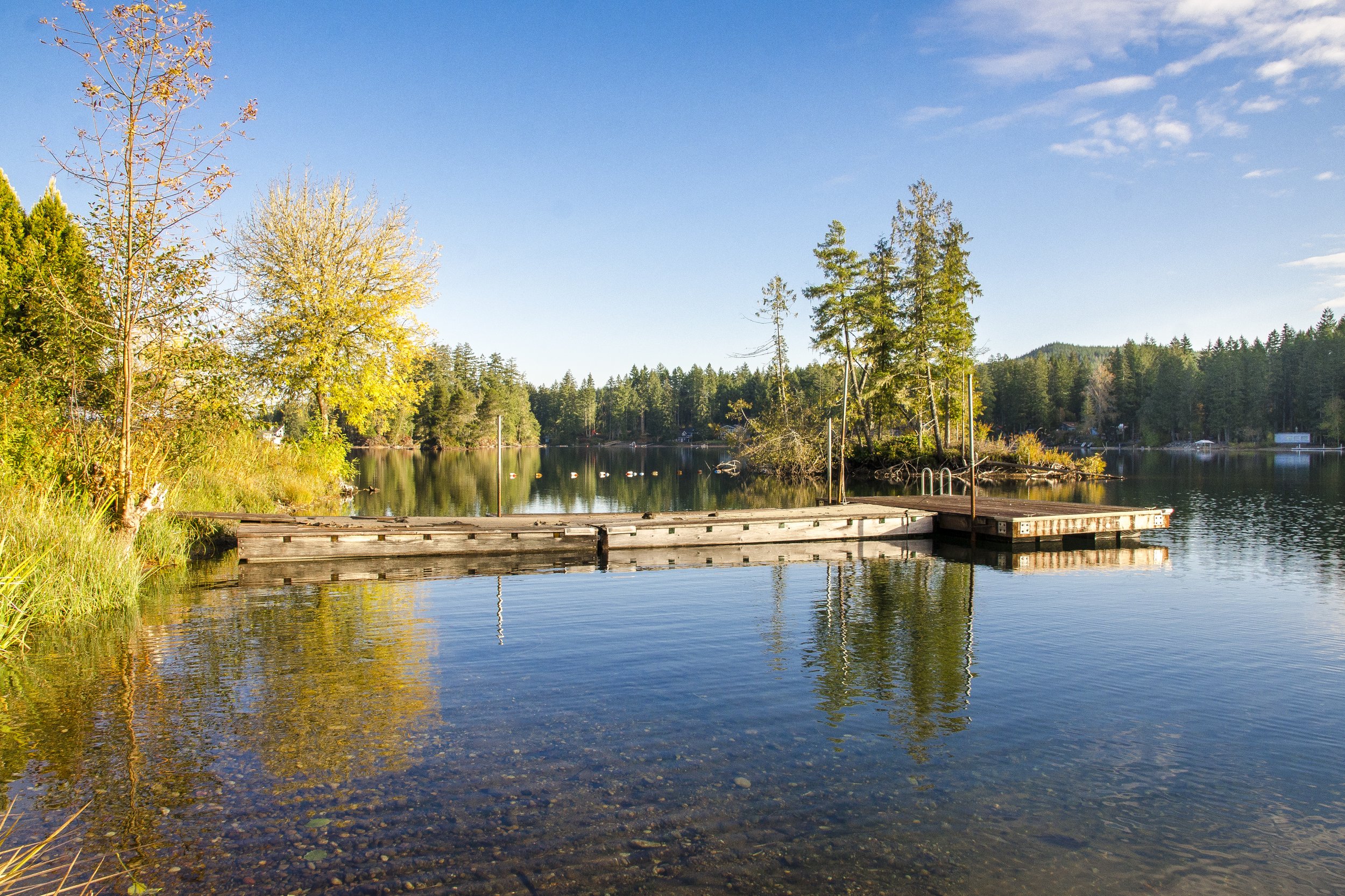be strong in the Lord
/Finally, be strong in the Lord and in the strength of His might. Put on the full armor of God, so that you will be able to stand firm against the schemes of the devil. For our struggle is not against flesh and blood, but against the rulers, against the powers, against the world forces of this darkness, against the spiritual forces of wickedness in the heavenly places. Therefore, take up the full armor of God, so that you will be able to resist in the evil day, and having done everything, to stand firm. Stand firm therefore, having girded your loins with truth, and having put on the breastplate of righteousness, and having shod your feet with the preparation of the gospel of peace; in addition to all, taking up the shield of faith with which you will be able to extinguish all the flaming arrows of the evil one. And take the helmet of salvation, and the sword of the Spirit, which is the word of God.
With all prayer and petition pray at all times in the Spirit, and with this in view, be on the alert with all perseverance and petition for all the saints.
Ephesians 6:10-18
I once thought that the different components of the "armor of God" were just Paul's creative way of saying Christians need truth, righteousness, faith, et cetera in their lives - that these are the things a person possesses if he is going to do well in his Christian walk, and that the specific pieces of armor are just a handy little allegory to make us really think about "putting on" these characteristics.
But if there is one thing I have learned in the past five years I've spent poring over the Scriptures, it's that I am too apt to give the Biblical writers far less credit for their genius than they deserve. What I spent many years passing off as a nice illustration is truly one of the mightiest metaphors in the Bible - a call to battle that has proved true and sure again and again as I both observe and participate in this bloody spiritual war.
And Paul knows it is bloody. He knows the violence and the trickery and the brokenness we must face - even though much of it will be invisible, "for our struggle is not against flesh and blood, but against the rulers, against the powers, against the world forces of this darkness, against the spiritual forces of wickedness in the heavenly places."
These opponents are far too much for us, unless we follow Paul's blueprint to "be strong in the Lord and in the strength of His might," which is a twofold process. The first piece is to clad ourselves with God's specially-fitted and supernaturally-strengthened protective armor. The second? To stand firm.
Put on the full armor of God
Our very first step is to put on the armor God has given us. But most of us aren't used to putting on armor every day, and maybe we don't know which pieces go where. Will our armor be effective if we put it on completely wrong? Likely not.
That's why, contrary to my long-held belief, it does matter which piece of armor correlates with truth, and which with righteousness, and which with the gospel, and so forth. The breastplate can't do its job if you're using it as a shoe.
Having girded your loins with truth: I don't think it's a coincidence that the very first piece of armor Paul lists is the one meant to protect your most sensitive area, nor that this protective belt is labeled truth. We all have a weak spot. We all have that place in our lives that the enemy aims right for, because he knows if he hits you right there, the next piece of the equation - standing firm - will become impossible. But a belt of righteousness can't cover that spot adequately - we are simply not strong enough to "out-good" our deepest weaknesses. A belt of faith won't work, either, because no matter how hard you try to believe, that soft spot isn't just going to evaporate away. The only thing that can properly protect our weakest point is the truth - that is, truthfulNESS. Just like I wrote last week, darkness dies in the presence of light, so when we are truthful enough to expose our darkest weaknesses, ironically we do the one thing that can shield them from the shots of Satan.
Having put on the breastplate of righteousness: Next, once we've taken a reality check of our weak spots, we are to put on righteousness as a protector of our vital organs. In our bodies, the health of our vital organs - heart, liver, digestive system, etc. - can be a good indicator of our future wellbeing, and the choices we make now can have a profound impact on our health later. Spiritually we are no different. The breastplate of righteousness isn't about following the rules or being a good Christian - rather, it's about making right choices according to the standard of God Himself, as a way of protecting ourselves from future sin and pain and anything else the enemy might want to use against us.
Having shod your feet with the preparation of the gospel of peace: The word "preparation" is a rather poor translation for this verse - a better one would be "foundation" or "footing." This is not so much about being prepared to share the Gospel (which is what it has always sounded like to me) as it is about being firmly founded in our identities as people made whole through the Gospel. My pastor said something on Sunday that I found so deeply relevant: "Sometimes before God shares the Gospel through you, He needs to work the Gospel in you." So often, in my experience, we leap to evangelism long before we ourselves have become rooted in the same truth we try to preach. It's like running into the battle without being properly shod - we're slowed down and tripped up and ineffective, because we haven't let God fully teach His Good News to us.
Taking up the shield of faith: I love this one because it comes with the guarantee: "with which you will be able to extinguish all the flaming arrows of the evil one." However, to have that kind of success, we have to use it properly. The Roman shields Paul would be thinking of were huge, curved rectangles almost as big as the soldier himself. What made them so special was that they were meant to be used as a team - the whole front line would press together with their shields forward, creating a seamless wall to hide behind, while those behind them might add even more protection by raising their shields like a roof. The enemy couldn't penetrate that kind of stronghold unless somehow they managed to break the line. Likewise, in our spiritual war, faith is a defensive strategy intended to be used as a team. We can certainly try to protect ourselves on our own, but with flaming arrows coming from every side, we'll ultimately be sitting ducks unless we band together with our community as an impenetrable wall of faith.
And take the helmet of salvation: Having protected our weakest points and our futures, and having grounded ourselves in the identity Christ has given us and the safety of the community of the faith, we come to the last defensive piece of armor prescribed by Paul: the "helmet of salvation" - the thing which we must depend on to protect perhaps our most important body part, the one that governs all our senses, all our motor skills, all our emotions, all our actions. It is also the piece of equipment that would be used to identify soldiers by rank, often plumed so that the leader(s) could be easily identified over the crowd. The soldiers could keep their eyes on that plume for direction even in the chaos of battle. Likewise, the hope of our salvation and the guarantee of our ultimate victory must be what we fix our attention on in the midst of this war - otherwise we open ourselves to the hopelessness and defeat that would render us useless in battle.
And the sword of the Spirit, which is the word of God: Paul ends with the one and only offensive weapon he recommends for this war. Everything else has been intended to protect us from Satan's strategies, but in case the line breaks and the enemy manages to penetrate our defenses, we are each equipped with one all-important blade: God's Word, the very voice of the Holy Spirit. And we have to be ready - we have to know how to use it when the time comes, how to charge forward boldly, fearless of the bloodshed, stabbing with the precision of someone who knows exactly which verses of truth can silence the lies of Satan.
Stand firm
And the second step is just two small words, with little explanation and yet wholly dependent on our success with step one: Stand firm.
We can stand as firm as a 100-year-old oak, but if we're spiritually naked, Satan will have little trouble sending a piercing arrow through our hearts. We need the armor first - truth covering our weaknesses, righteousness covering our choices, the Gospel empowering our every move, and the victory of salvation as our prize. Then we need to get in formation with our team, shields of faith in line, and stand firm.
It will not be easy. Whatever our tools, whatever our defenses, the "spiritual forces of wickedness" are bigger and mightier than we. They know more and they see more and they have been in the fight far, far longer - they are lifelong soldiers and murderers whose careers have spanned millennia. But Paul says that we will be able to resist, if we put on the armor and stand firm.
And he gives one final word of encouragement as we stand here, trembling in the midst of a bloody war against an enemy unseen: "With all prayer and petition pray at all times in the Spirit, and with this in view, be on the alert with all perseverance and petition for all the saints."
The war is horrific and the trauma is real and there are days, for all of us, when we are sure that we're losing. But we do have one more weapon that is always at our disposal, that should be in constant use: Prayer. Because God is on our side.
I've been especially convicted about this as the battles in my own life have raged in recent weeks. It's clearly intentional that Paul calls for prayer and vigilance in the very same sentence - because vigilance always inspires prayer. Even in those moments of strange calm when it feels like the battle has ceased, when it feels like we can breathe again, we must be vigilant. We must be on the alert. We must pray. We must beg God's intervention on behalf of our fellow soldiers, lest the line break and we all be overrun.
The war is bloody, but God is on our side, and it's in His strength that we are made strong. That is the only reason we will win this war against the spiritual forces of wickedness. But win it, we will.




